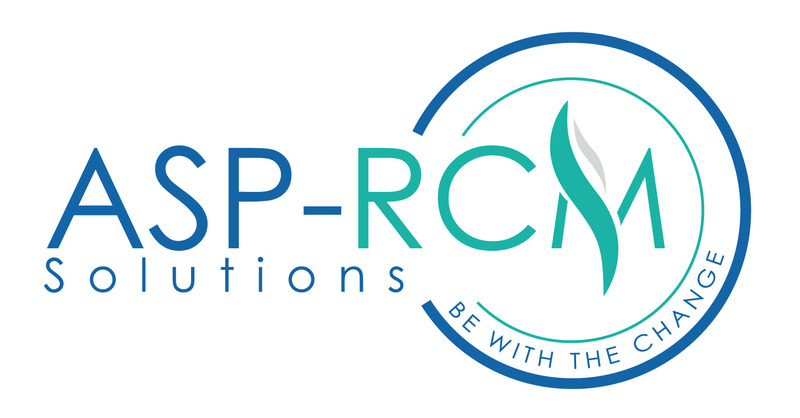Articles
Revenue Cycle Management Services: Streamlining Healthcare Financial Operations

Share article
In the fast-evolving healthcare landscape, Revenue Cycle Management (RCM) has become a cornerstone for sustaining the financial health of medical practices, hospitals, and healthcare organizations. With rising administrative complexities, payer rules, and compliance standards, healthcare providers are turning to Revenue Cycle Management Services to ensure seamless financial performance and operational efficiency.
This guide explores the importance, process, benefits, and impact of RCM services in modern healthcare.
What Is Revenue Cycle Management (RCM)?
Revenue Cycle Management (RCM) refers to the financial process that healthcare organizations use to track patient care episodes from registration and appointment scheduling to the final payment of a balance. It integrates clinical, administrative, and financial data to ensure that healthcare providers get paid for the services rendered.
In simple terms, RCM is the backbone of healthcare finance — managing every stage of the payment lifecycle, including claims processing, payment posting, denial management, and patient billing.
Experience and Expertise – Choose a company with deep industry knowledge and proven results across healthcare specialties.
Technology Stack – Ensure they use secure, modern RCM platforms with AI-driven analytics.
Transparency – Look for clear communication, regular performance reports, and full visibility into financial operations.
Compliance and Security – The provider should be HIPAA-compliant and adhere to strict data security protocols.
Scalability – Select a partner that can grow with your organization and adapt to future needs.
A good RCM partner not only manages billing but also acts as a strategic advisor, helping you identify trends and improve financial outcomes.
Future of Revenue Cycle Management
The future of RCM is data-driven, patient-centered, and automation-powered. As value-based care and digital health continue to evolve, RCM solutions will focus more on predictive analytics, interoperability, and patient engagement.
Healthcare providers will increasingly rely on integrated RCM systems that connect financial and clinical data seamlessly — reducing inefficiencies and ensuring long-term sustainability.
Conclusion
Revenue Cycle Management Services are essential for any healthcare organization aiming to maintain financial health, compliance, and operational excellence. From patient registration to final payment, every step of the RCM process impacts cash flow and patient satisfaction.
Outsourcing to an experienced RCM service provider helps healthcare practices reduce denials, accelerate payments, and focus on what truly matters — delivering quality patient care.
By embracing automation, data analytics, and expert-driven processes, your organization can achieve consistent revenue growth and long-term success in today’s competitive healthcare environment.
Advertisement

